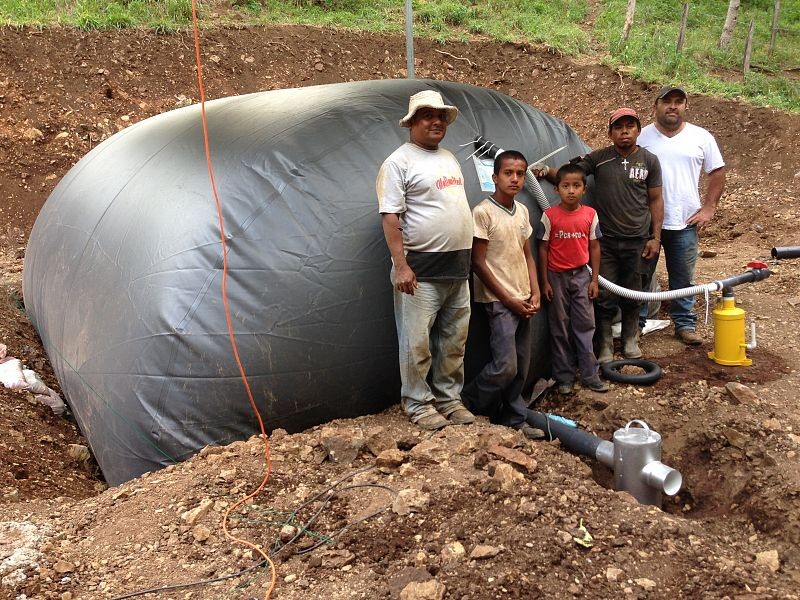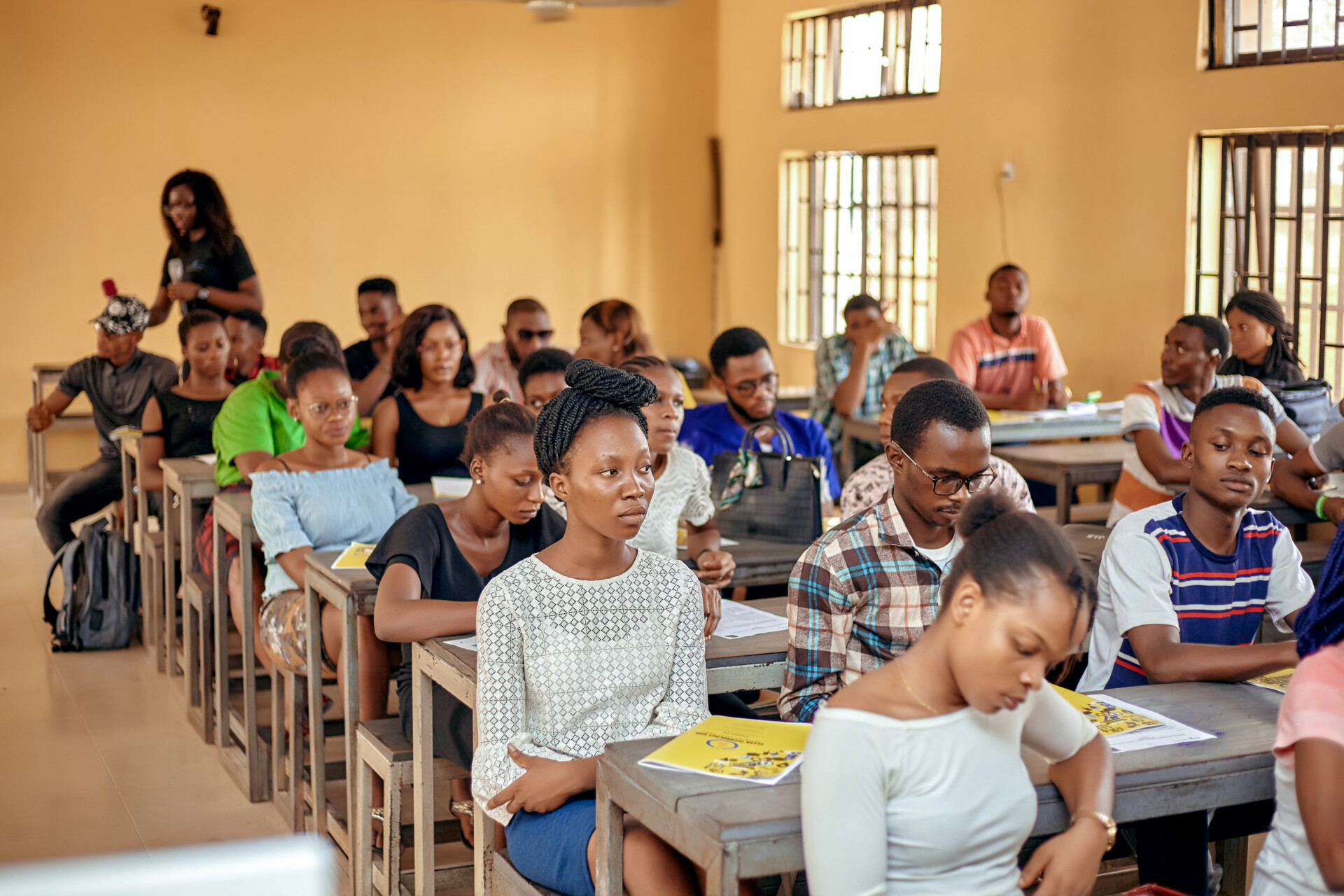Biraj Gautam and Rabin Shrestha share their lessons from the latest visits to the micro hydro power sites in Jumla and Baglung.
Productive Use of Biogas at Dairy and Pig Farms in Costa Rica
This project is led by local partners Viogaz. Their recent work includes the successful identification of farmers aiming to participate in the programme and the assessment of farms to serve as pilot project sites. Via surveys and other analyses, the farmers’ needs for biodigesters could be determined, as well as their potential applications of the new technology.
As Viogaz is a partner of Kiva Microfunds, an organisation which allows people to lend money to low-income entrepreneurs, they were able to offer a financing option to the selected farmers, helping them implement the anaerobic technology (biodigesters).
Furthermore, Viogaz designed the appropriate biodigestion system for each user, taking a variety of factors into consideration. Most of the systems have already been installed, and all the installed digesters have started operating. All the users have been trained on how to run and maintain the biodigesters.
The next working steps of this project include monitoring the systems and connecting the technology to its designated end uses, as well as further testing, validation and training sessions.
More general information on this project is available here: Validating a Novel Approach to the Productive Use of Biogas to Empower Medium Scale Dairy and Pig Farmers in Costa Rica


